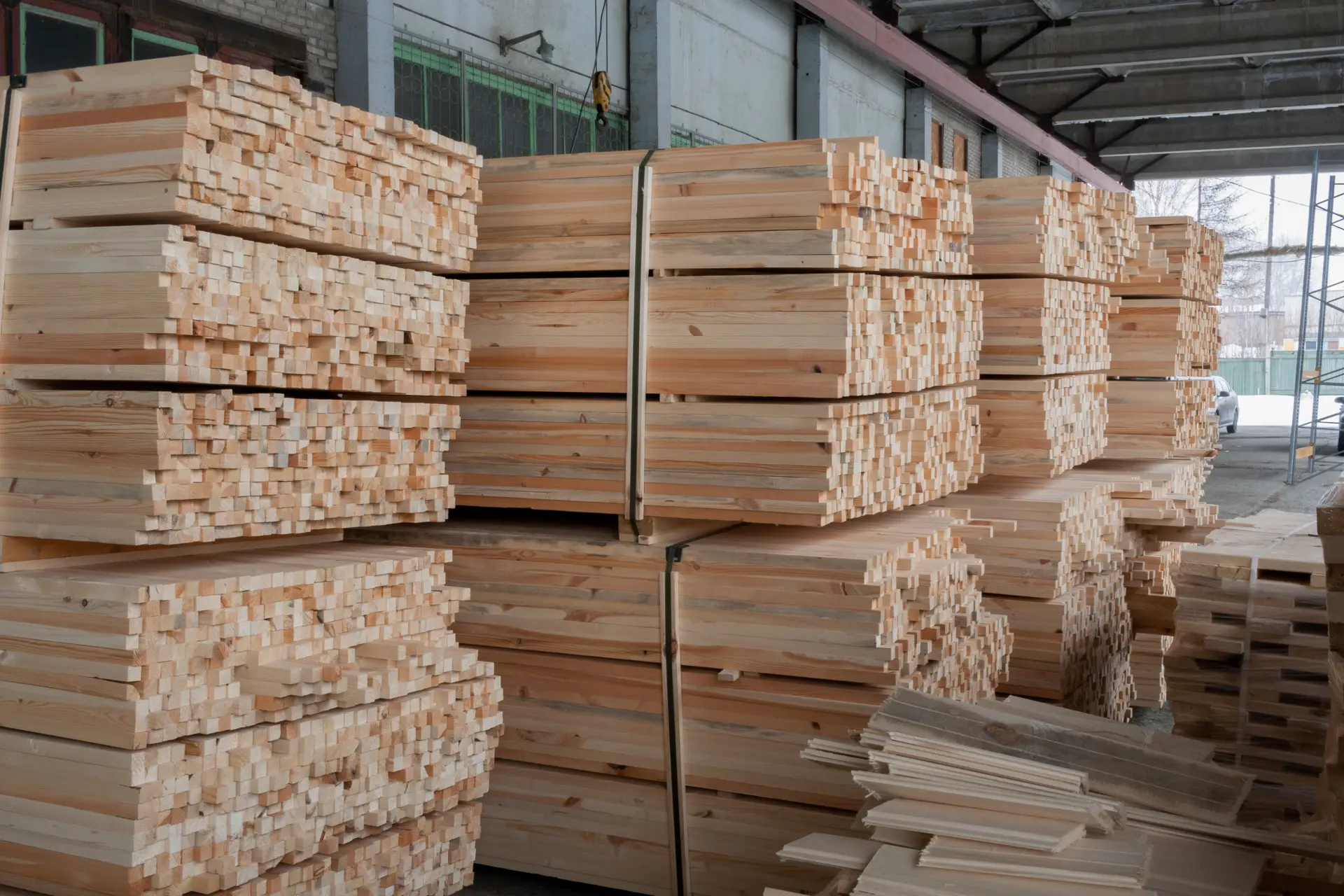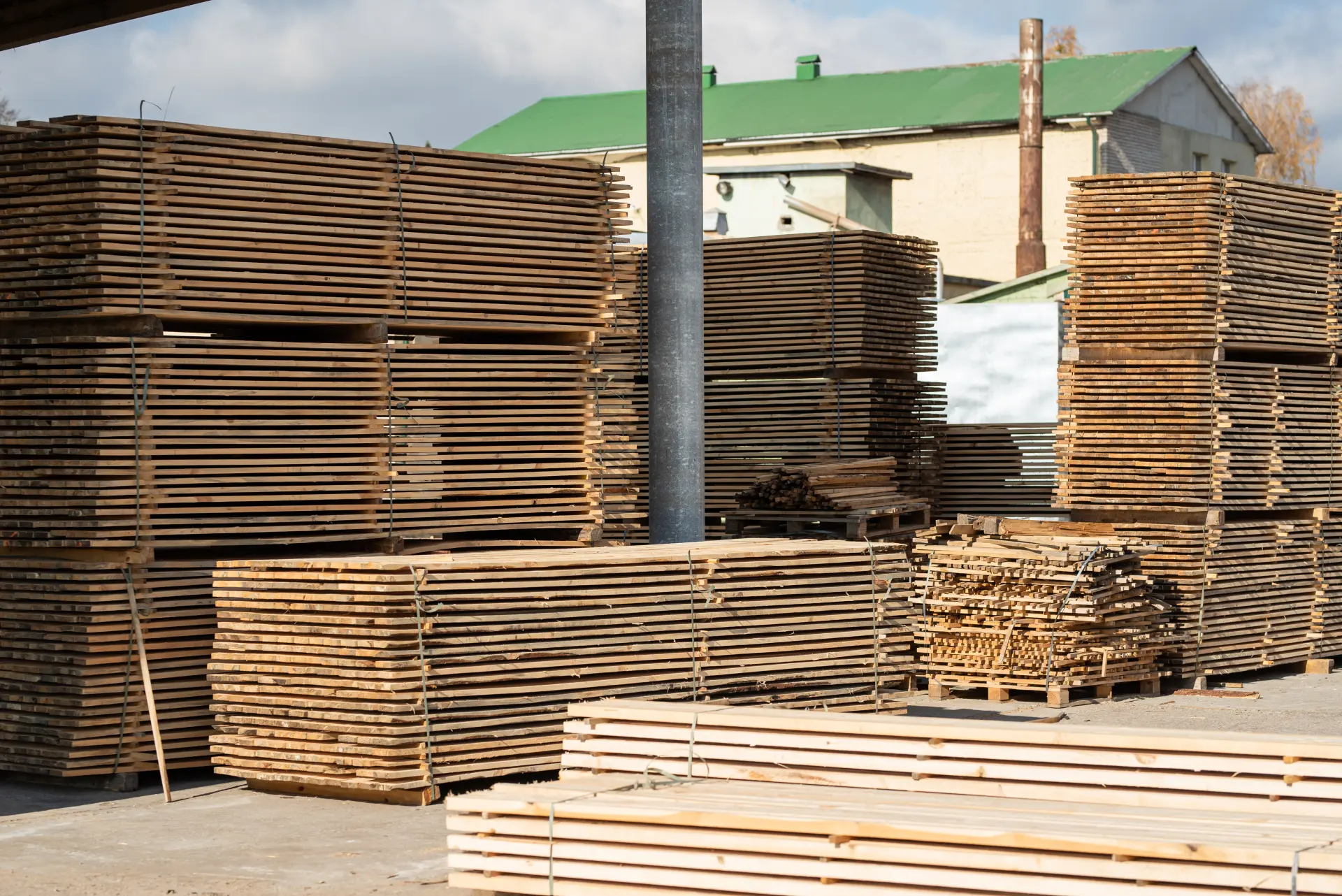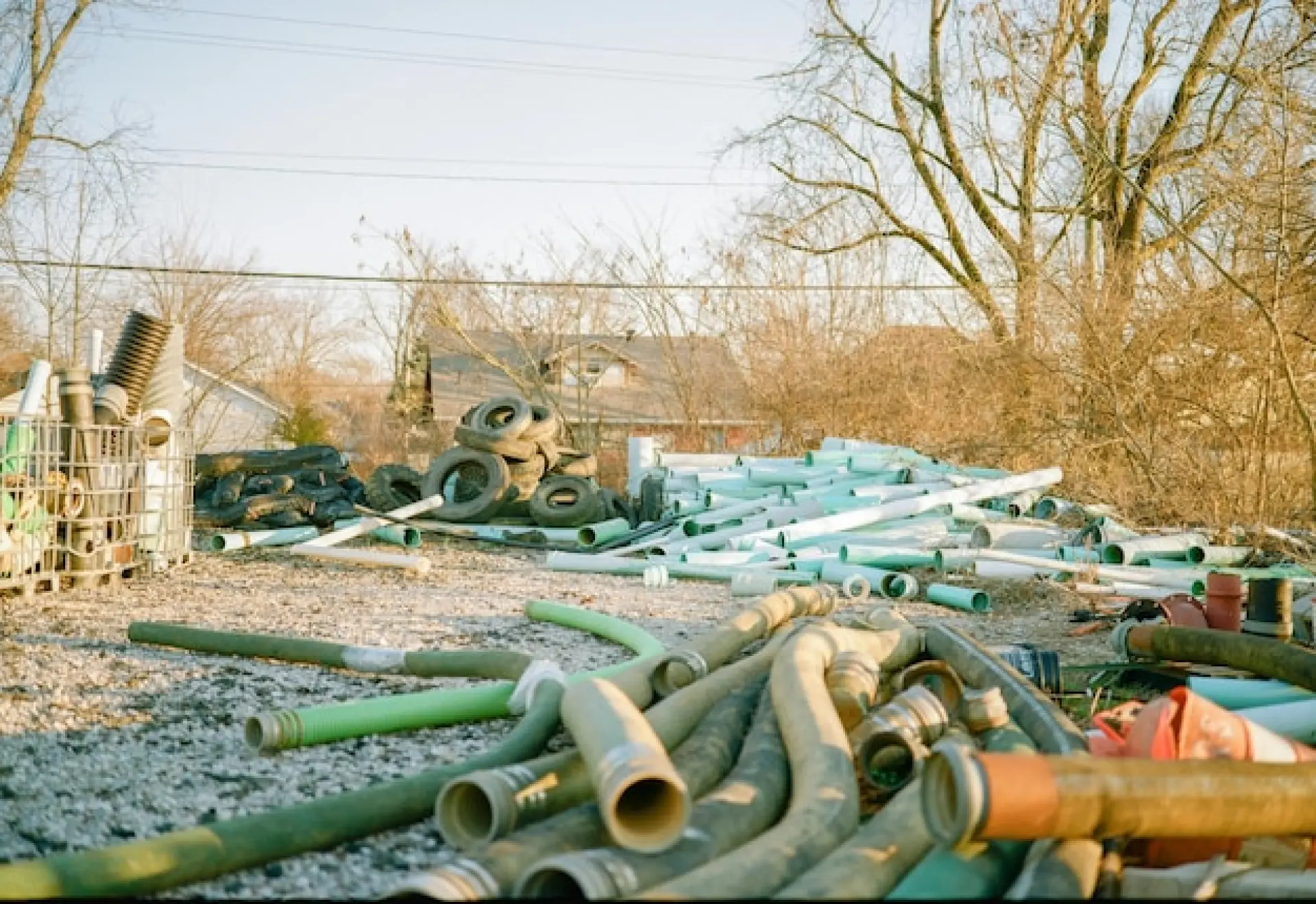Confused between Hardwood vs Softwood for your project? Learn key differences between them, their prices, and best uses based on your unique needs.
Key Differences Between Hardwood and Softwood
Hardwood and softwood are considered the two main types of timber, and they have some important differences to be wary of when selecting wood for a building project. Hardwood often comes from trees that tend to lose their leaves in autumn, like oak, beech, and mahogany. These trees grow slowly, which makes the wood denser, stronger, and often more attractive. Hardwood is commonly used for furniture, flooring, doors, and other jobs where strength and appearance matter.
Softwood comes from evergreen trees, like pine, fir, and spruce, which grow faster and are easier to cut and shape. Softwood is usually lighter and cheaper than hardwood. It is often used for general building work, shelves, roof frames, and garden projects.
The names can be confusing—softwood is not always soft, and hardwood is not always hard. The biggest difference is the type of tree it comes from, not how strong the wood is. Knowing how to identify these differences will help you choose the right timber for your project.
Cost Comparison
A large distinction between hardwood and softwood is the price. Hardwood tends to be much more costly than softwood, and this is because hardwood trees grow slowly, making the timber denser. When timber has more density, it is much stronger and longer lasting. It also takes more time and care to produce, which adds to the price.
For example, in the UK, a piece of oak hardwood (such as a 2.4m length of 20mm x 150mm) can cost around £25 to £35, depending on quality and finish. Hardwood is often used for furniture, flooring, doors, and other jobs where strength and appearance matter.
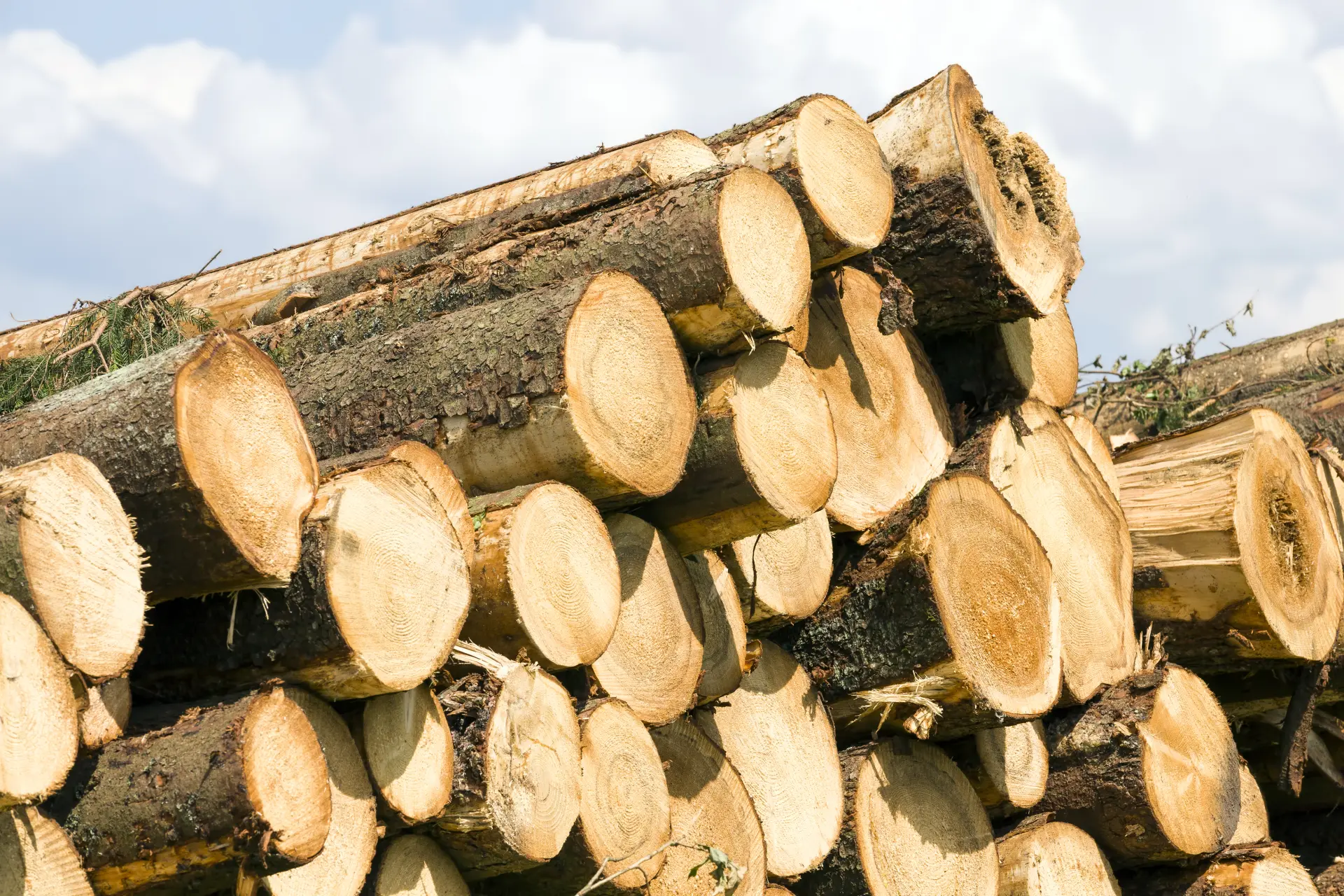
Softwood, on the other hand, comes from fast-growing trees like pine and spruce, making it quicker and cheaper to produce. A similar-sized softwood board may cost between £5 and £10.
Softwood is widely used for general building work, fencing, garden projects, and shelving.
While softwood is much more affordable, it may not last as long or look as good as hardwood if used in the wrong place.
When planning a project, it’s important to think about both your budget and the purpose. Spending more on hardwood can be worth it for strong, long-lasting results, while softwood works well for simpler or shorter-term jobs.
Ease of Working With
When choosing between softwood and hardwood, it may be wise to assess how easy they are to work with. Softwood is often much easier to cut, drill, and shape; it is lighter in weight, and this makes it more straightforward to handle and move around on-site. This is why softwood is often chosen for jobs like framing, shelving, and general DIY projects. It's also easy to drill nails, screws and can be painted well, which is why it is considered a good option for beginners or quicker jobs.
Hardwood, however, is usually heavier and tougher, which can make it more difficult to work with. It may take more effort, time, and better tools to cut and shape properly. Some hardwoods, like oak, can be hard on blades and may split if not handled carefully. That said, hardwood gives a strong, smooth finish and is worth the extra effort for furniture, flooring, and fine joinery. Choosing between the two depends on the tools you have, your skill level, and the type of project you're doing.
Best Uses for Hardwood and softwood
Hardwood and softwood each have their own best uses, depending on the job. Hardwood is strong, durable, and often has a fine grain, which makes it ideal for high-quality work. It is commonly used for furniture, flooring, worktops, doors, and window frames. Hardwoods like oak, ash, and walnut are also chosen when appearance is important, as they can be polished or stained to a smooth and attractive finish.
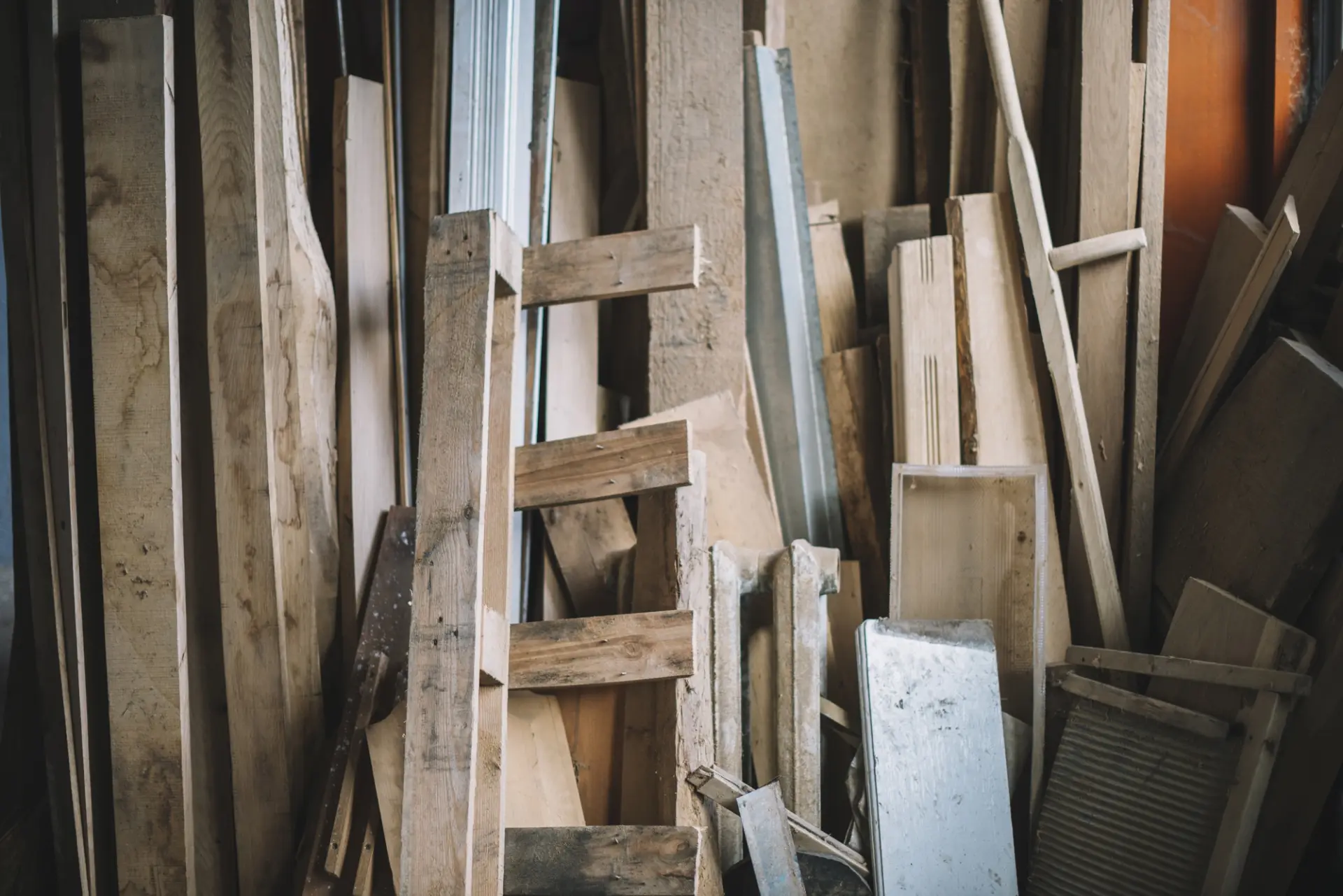
Softwood is much lighter, easier to work with, and more affordable than hardwood, which makes it a good choice for everyday building and DIY jobs. It is often used for roof frames, wall studs, fencing, sheds, garden furniture, and shelves.
Treated softwood is often suitable for outdoor use, for example, decking or fence posts, whereas untreated softwood works well indoors.
Choosing the right type of timber for the job helps make sure your project's structure is safe, strong, and long-lasting. Always think about where the timber will be used, how much wear it will face, and what finish you want.
How to Choose the Right Option for Your Project
Choosing a timber that best suits your project can be challenging if you're not sure what to look for. It will depend on a few essential factors, for example, where it will be used, how strong it needs to be, what it should look like, and your budget. If the timber will be seen and needs to look good, like in furniture or flooring, hardwood is often the better choice. It is strong, long-lasting, and has a smooth finish. For example, oak or ash can give a smart, polished look.
If you need timber for general building work, garden projects, or something that won’t be seen, softwood is usually the best option. It is easier to handle, quicker to work with, and more cost-effective. If the timber will be used outside or in damp places, make sure it is treated to prevent rot and damage.
Always think about what the timber needs to do, how much you want to spend, and whether it needs to last a long time. If you’re not sure, ask for advice from timber supply professionals at the local timber yard or shop, or you can contact our team for further details. Picking the right timber at the start can save you time, money, and effort later on.
Welcroft Lee Logistics provides efficient timber supply and delivery services throughout Eastbourne, Brighton & Hastings. Whether it's a one-off project or you're looking to stock-up before multiple jobs, you can rely on our timber suppliers.

